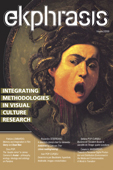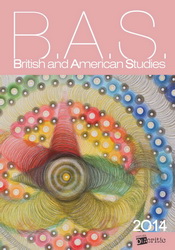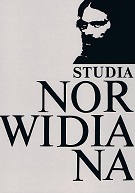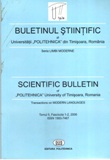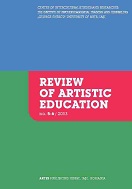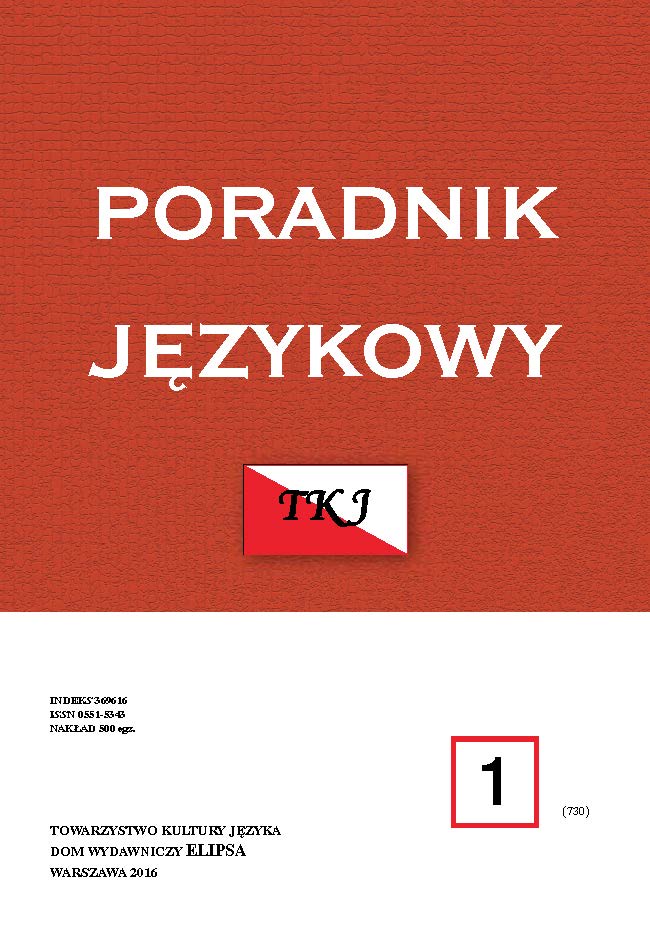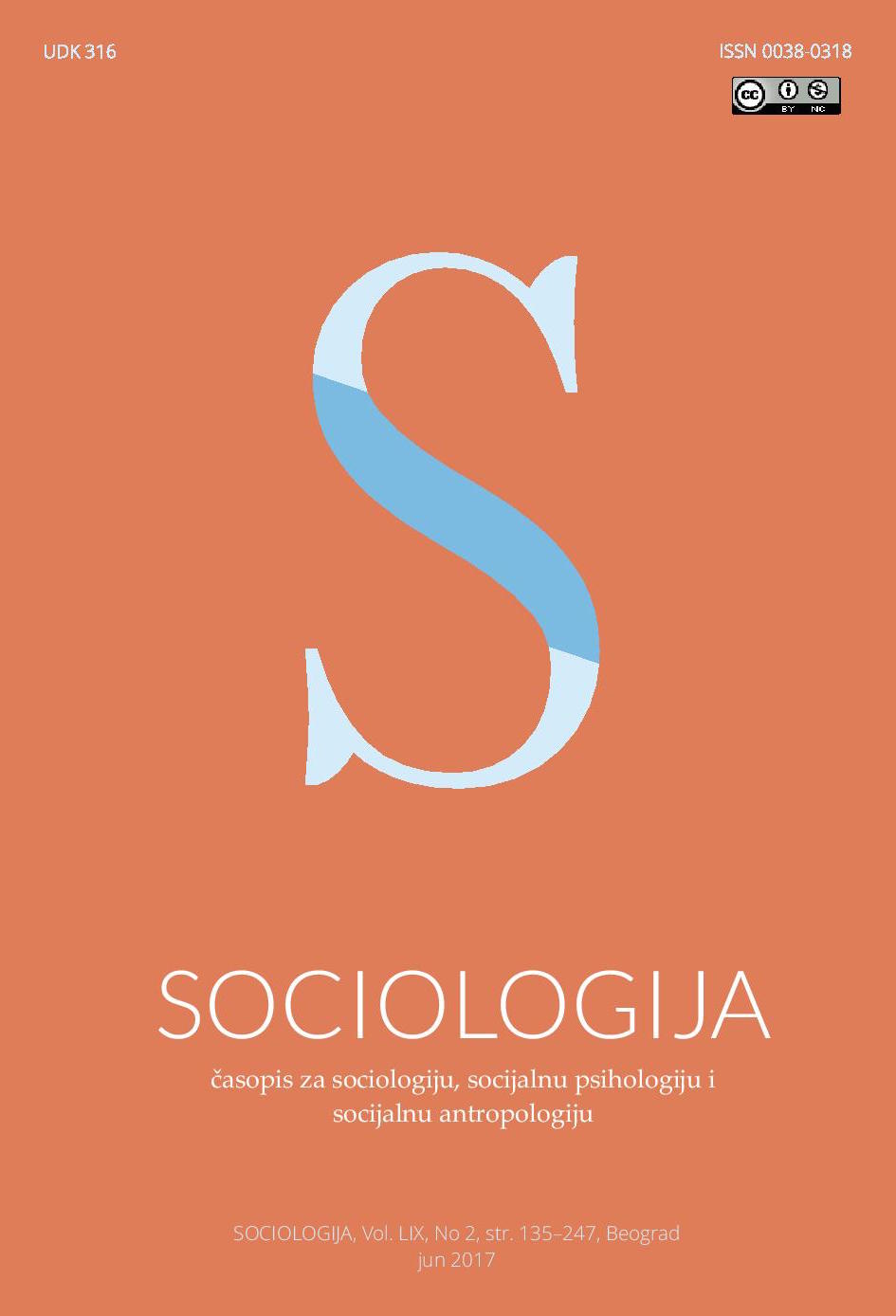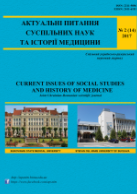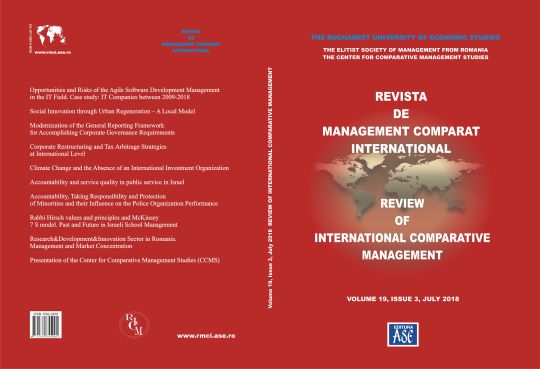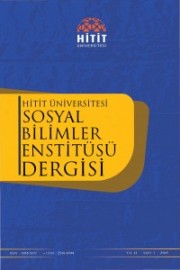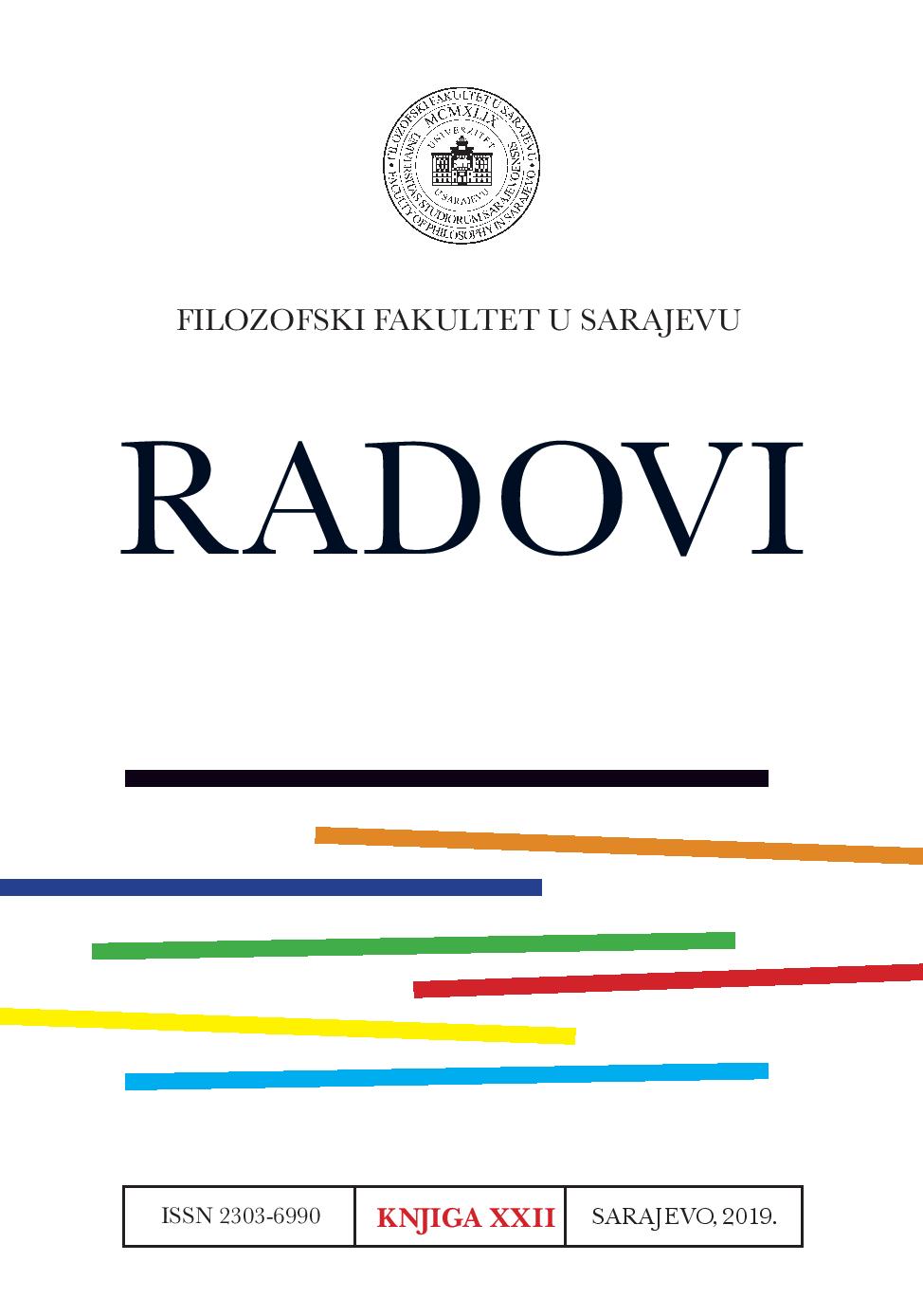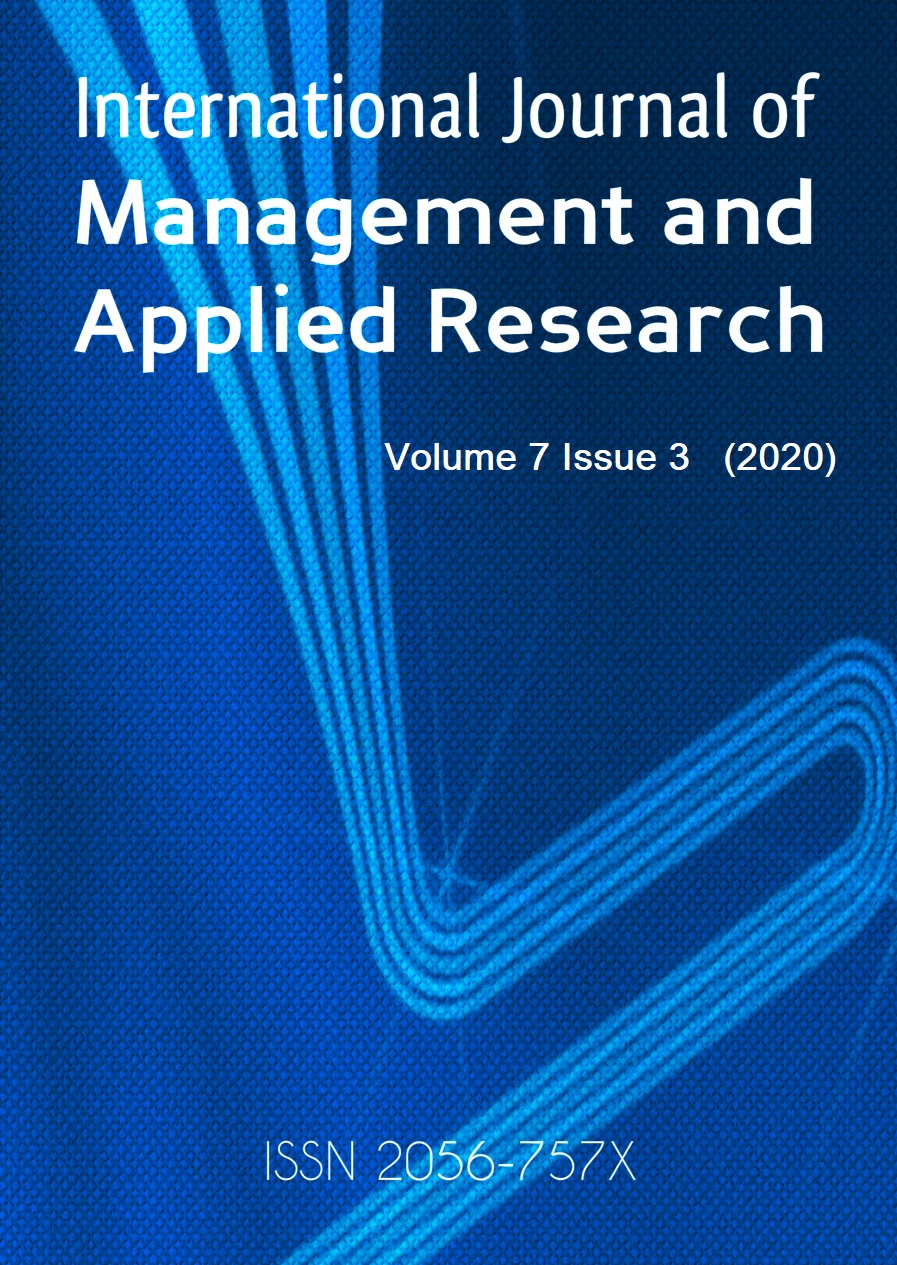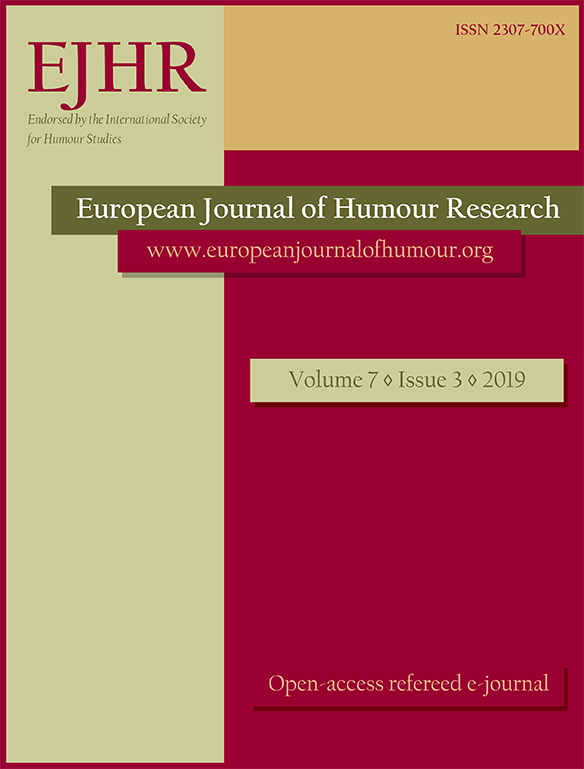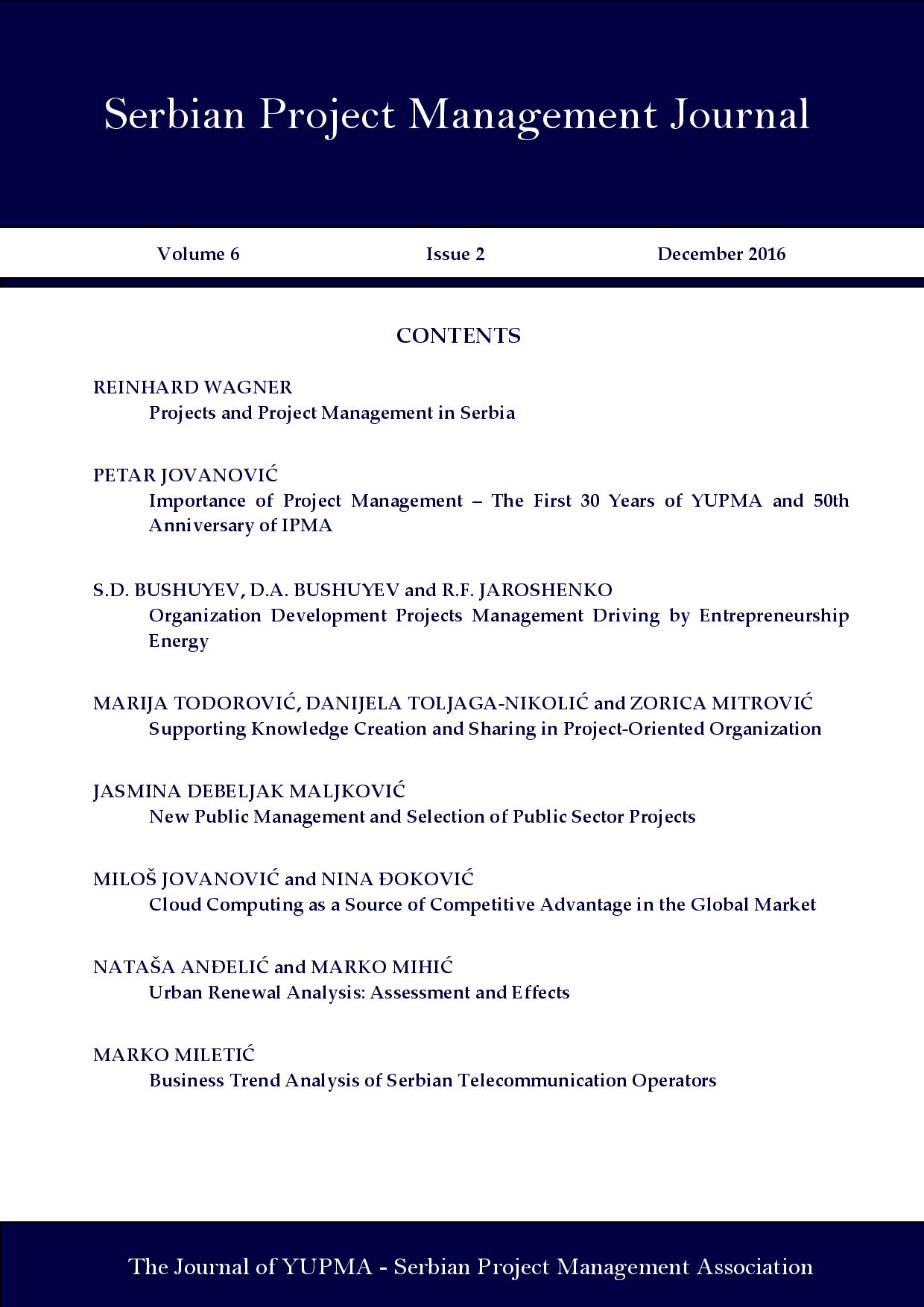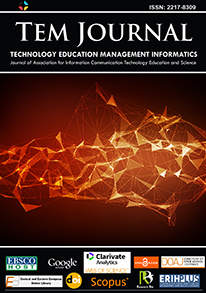FORENSIC INVESTIGATION MICRO TRACES INORGANIC NATURE AND THEIR ROLE IN THE SECURITY SYSTEM
Author(s): Vojkan Zorić,Zdravko Skakavac,Božidar Forca / Language(s): English
/ Issue: 1/2017
Keywords: Forensic; Micro Traces; Security System
Today's development of science and technics contributes to finding newer and more perfect methods
that enable finding, fixing and researching different types of micro traces, which in the previous period was
not feasible. Properly finding micro traces, fixing them and preventing contamination during sampling and
transport to laboratories, and detailed forensic analyzes, it's will with safe to provide material evidence in the
form of micro traces essential for further criminal proceedings. Forensic of micro traces is one of the typical
examples of coupling of social and natural sciences. It is a correlation of criminalistics, which in the broader
sense should be understood as the struggle against sociological pollution of the human environment (and as
such it is classified as a social science), with basic natural sciences such as physics, chemistry, biology and
medicine. This connection will be used in this paper for the purpose of analytical approach to clarifying the
role of micro traces in order to preserve and develop the country's security system. The science and technique are increasingly being found in the forensic research of the arguments of their inventions and are increasingly present as methods of proof in criminal procedure law. The modern development of science and technics, used in various types of forensic expertise, led to the fact that forensic expertise practically became a necessary investigative action. With the onset of Forensic, the first attempts to overcome exclusively craft elements characteristic of investigative criminalistic technique appear and to be create exact methods for building a system, based primarily on the principles and objective criteria of science and technics. Given its purpose and the development of opportunities in human society, Forensic certainly falls among those sciences whose development must be the fastest and most versatile. Crime in the world has been on the rise for years, and the appetites of criminals are growing, so they are using the latest scientific achievements and the latest crafts in inter-ethnic relations. Forensic science, whose main task is to fight crime, must be at least as active as active and criminal methods, and it would be advisable to be a step ahead of them.
More...
